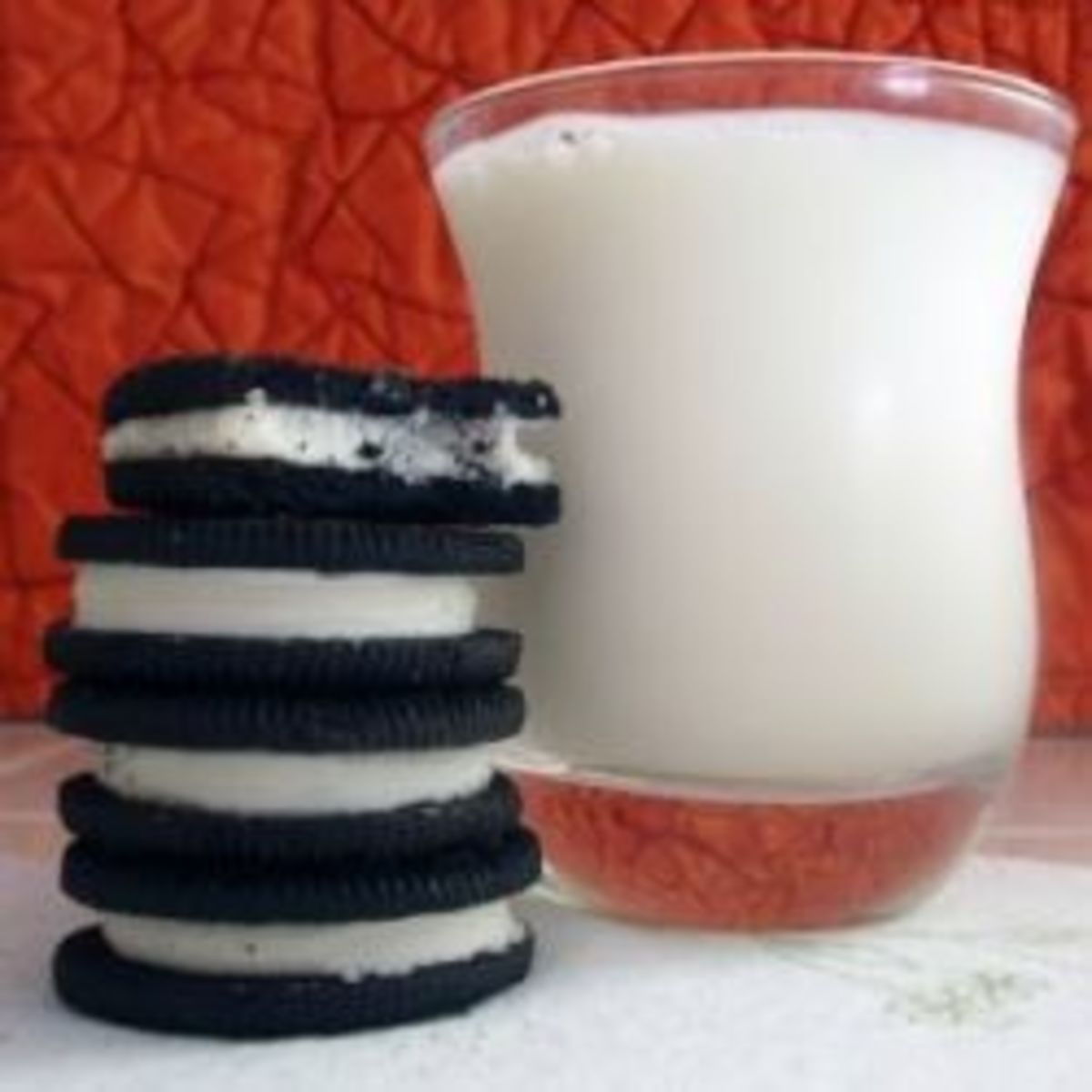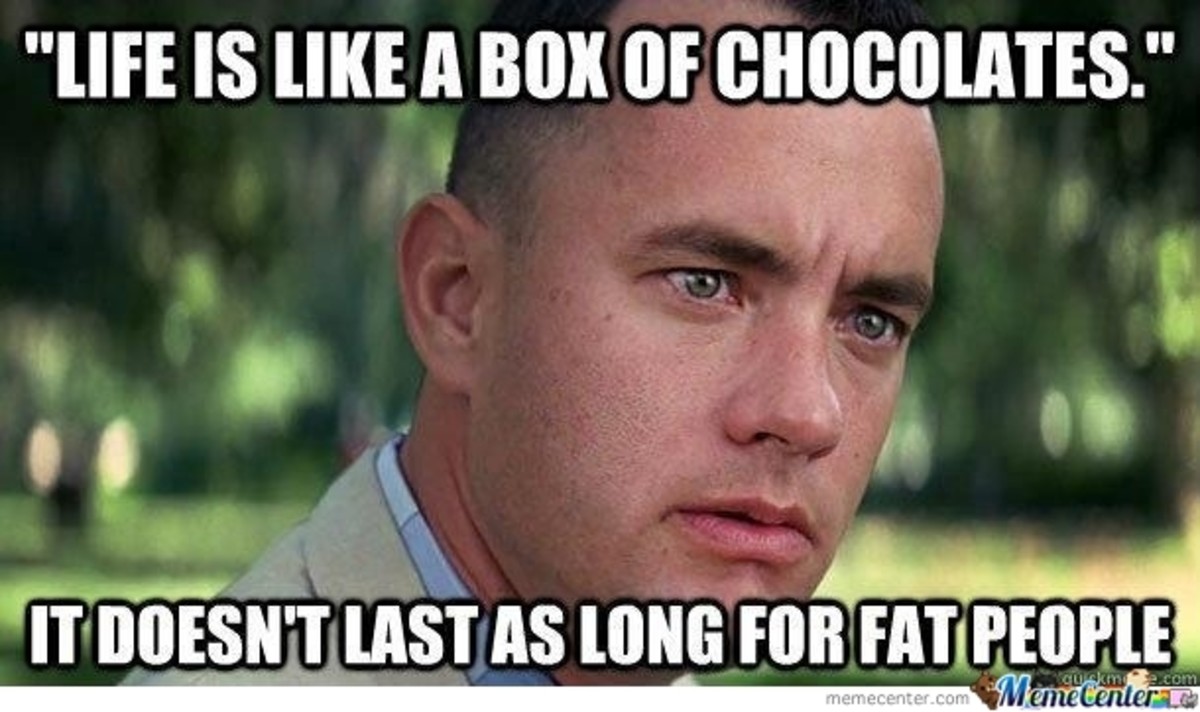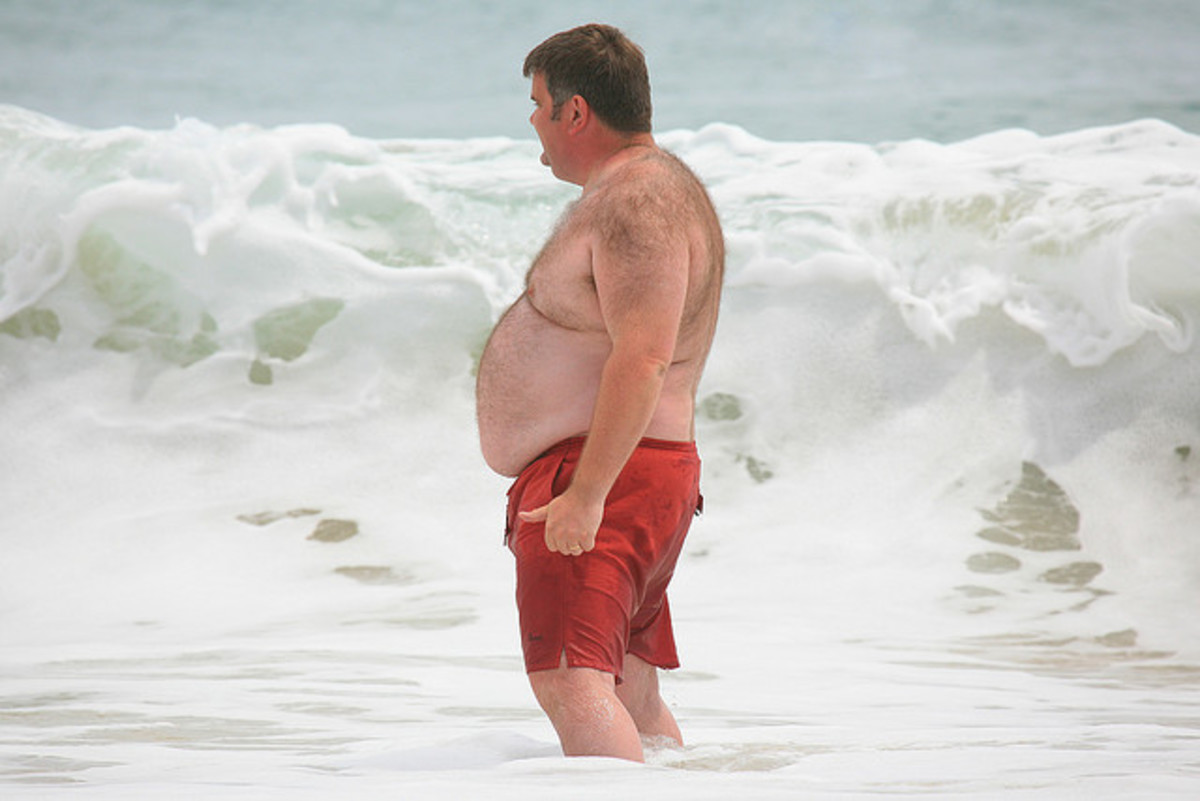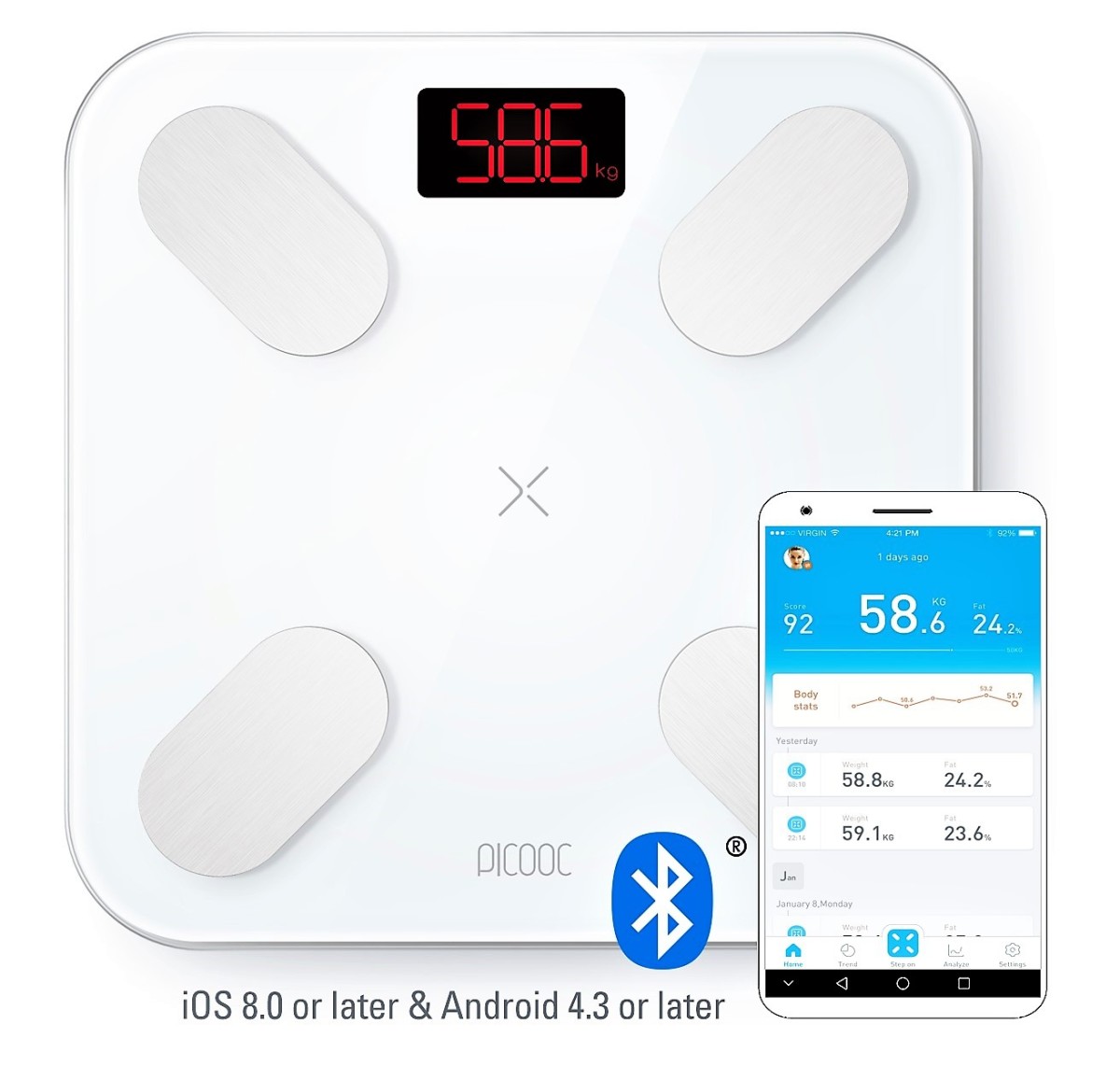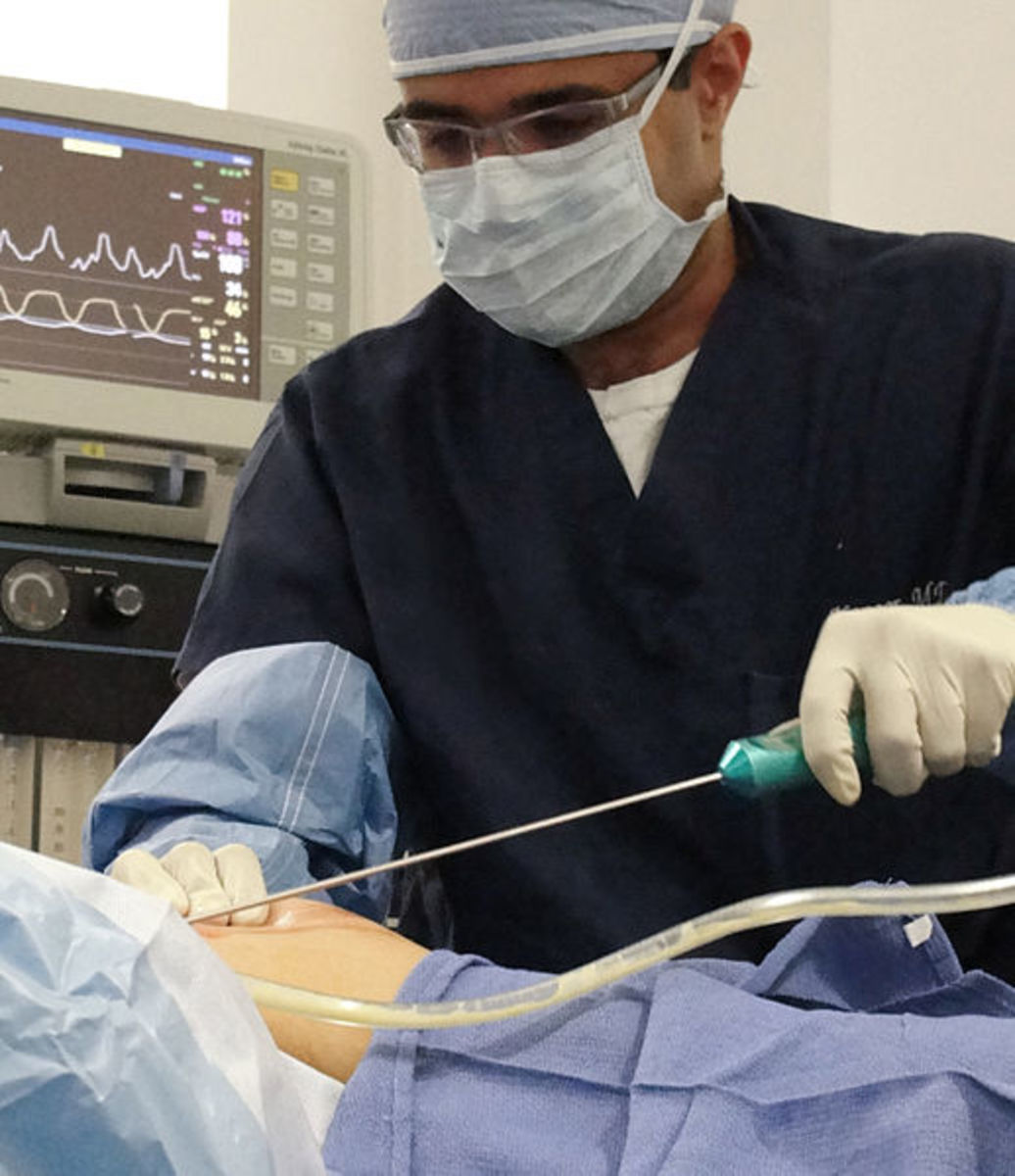IT PROBABLY ISN'T YOUR FAULT YOU ARE FAT!


BRITAIN CATCHING UP WITH AMERICA
There are obese, morbidly obese, overweight and just plain fat people all over the world. Britain is one of the heaviest nations in Europe nowadays. Nearly a quarter of adults in Britain are classified as clinically obese!
A common misconception is that in order to lose weight and keep it off you must eat less and do more exercise. Because most overweight and obese people cannot seem to do this they are told that they must be lazy or have no self control. What escapes the notice of the proponents of such comments is that fat people and thin peoples bodies work in quite different ways. IT IS NOT YOUR FAULT THAT YOU ARE OVERWEIGHT OR OBESE!
A naturally thin person's metabolic rate is normal or even slightly high. On the other hand; the metabolism of a fat person is extremely low. When an obese person eats, their body cannot metabolise the food as fuel. When a naturally thin person eats; his body metabolises the food quickly and he does not gain weight.
Generally, overweight people eat more than normal weight people; their hunger is also more intense. They often do not get a sense of fullness as swiftly as do their thinner cousins and therefore they eat more. Thin people's hunger switches off much more quickly even after a very small quantity of food and stays low for much longer than that of an obese person. Fatter people get hungry again quickly even after a large meal. This is one of the reasons why dieting is such a miserable existence for the overweight.
Obese subjects often suffer from the phenomenon known as 'emotional overeating' . This is actually a physical and not an emotional abnormality. There is no permanent cure for this which can be brought about by dieting and that is why so many diets fail; which in turn leads to more misery and more overeating. A sub-symptom of the food cravings and hunger experienced by fat people is that they also eat the wrong types of food!
Of course genetics do play a part in obesity but not as large a part as you may think. Genetics do determine your body shape and structure but not the amount of fat you carry.
Other causes of low metabolism are:
- Lack of exercise
- Underactive Thyroid gland
- Food additives
- Eating late in the day
- Air conditioning
- Not eating breakfast

The only way to lose weight and keep it off is to raise your metabolism to a normal level or even slightly higher than normal. With a high metabolism you can eat whatever you want and your body will burn it off as fuel and not store it as fat. So what does determine your metabolic rate? There are several causes but by far the most common is that the hypothalamus gland is not working properly. There are many things that can cause this gland to behave abnormally:
- Lack of sleep
- Lack of sun
- Genetics
- Clogged Colon
- Candida
- Parasites
- Fluoride in water
Why not Google 'hypothalamus gland' to find out further causes?

A Little About the Hypothalamus Gland
The Hypothalamus sends out signals to the brain of hunger and satiety. People experience problems with this gland which can lead to malfunctions in how fat is processed and stored. There are ways to reset this gland; however these methods have not been proven to be safe. They involve hormone injections, coupled with a very low calorie diet and not enough research has been done to ensure the safety of such a course of action.
See below for safe ways to raise your metabolism

10 Tips to Raise Metabolism
The good news is that a low metabolic rate can be raised and that once you have corrected it you will be able to maintain it with not much effort. Below are some suggestions.
- Try drinking two or three cups of green tea per day to help burn fat and increase metabolism
- Eat up to six smaller size meals at regular intervals throughout the day. This will keep your metabolism active and stop your body slowing down as it does when you diet.
- Sleep for at least 7 1/2 hours a night
- Try to eat some protein with each meal
- Drink iced water
- Take a brisk 30 minute walk soon after eating. This can raise metabolism and lower blood sugar. It could help you lose weight faster.
- Add chilli or hot pepper sauce to your meals
- Do some high impact interval training and strength training. Always check with your GP before embarking on a diet or exercise program
- Drink two to three cups of coffee per day. This can raise the metabolism
- Keep stress to a minimum
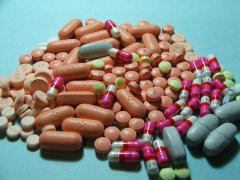
DRUGS THAT CAN MAKE YOU FAT
There are various drugs that can make you fat. Some migraine remedies, anti-depressants, certain contraceptive drugs, prescriptions for high blood pressure (particularly beta-blockers) and diabetes can cause weight gain.
FOOD INTOLERANCES
If you are intolerant to certain kinds of food, your body will not digest them properly which will cause them to ferment in the gut. This can cause bacteria which will cause acid and gas; resulting in at the least a distended abdomen.
MEDICAL CONDITIONS
Some medical conditions can cause weight gain:
POLYCYSTIC OVARIES
Many sufferers of this condition also have insulin resistance where the cells react sluggishly to insulin. This can cause the sufferer to gain weight.
UNDER-ACTIVE THYROID
Having an under-active thyroid gland (Hypothyroidism) can make it very easy for some people to gain weight and difficult for them to lose weight.
GUT BACTERIA
Enterobacter is a normal type of flora living in the digestive tract but it has been discovered that it can cause obesity.
CUSHING'S SYNDROME
A disorder which causes overproduction of cortisol and results in rapid and excessive weight gain. Along with weight gain there are a host of other symptoms. This syndrome is rare, affecting only 3 to 5 people in a million. It is more common in people who have been taking steroids for long periods.
PRADER-WILLI SYNDROME
This is an extremely rare disorder which is present from birth. Children with this disorder may feed poorly at first but as they get older will develop an insatiable appetite for food. There may be reduced mental ability.
© Susan Bailey 2008 All Rights Reserved


